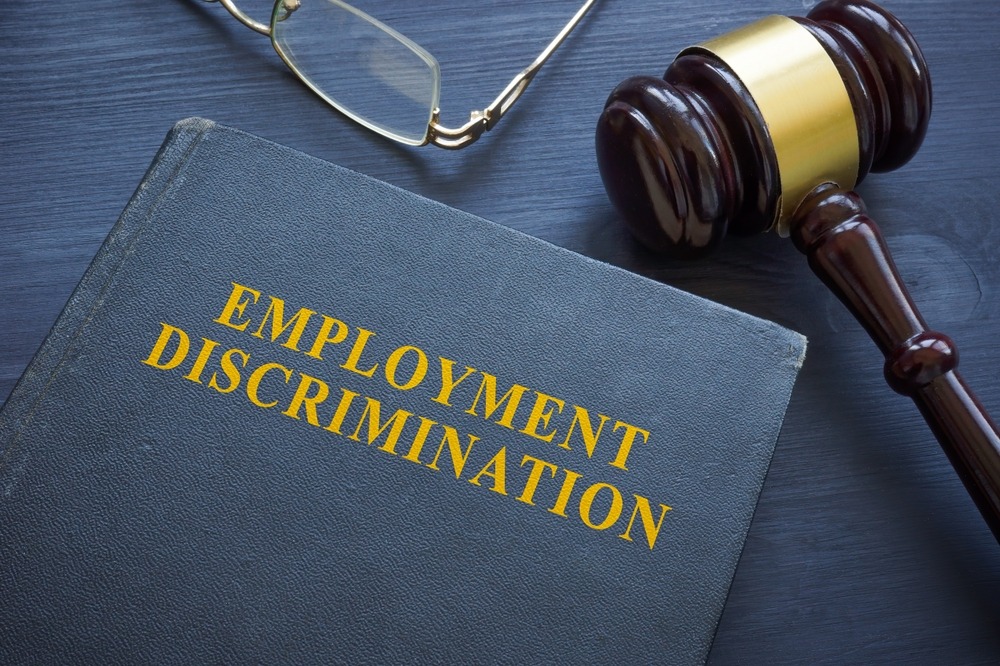Retaliation cases in the workplace are increasingly common, and individuals seeking justice often wonder about the financial outcomes of such claims. The average settlement for retaliation case varies significantly based on several factors, including the severity of the retaliation, evidence strength, and jurisdictional laws. Understanding the nuances of these settlements is critical for anyone considering legal action. In this article, we will explore the intricacies of retaliation cases, provide insights into settlement amounts, and highlight strategies to maximize compensation.
When an employee faces retaliation for exercising their rights, the consequences can be far-reaching, affecting their career and mental well-being. While the legal system aims to provide fair compensation, the average settlement for retaliation case is not a one-size-fits-all figure. Factors like the type of retaliation, the industry, and the presence of punitive damages play a pivotal role. This article delves into these details, offering actionable advice for those navigating this challenging legal landscape.
For those unfamiliar with the process, retaliation claims involve proving that an adverse action was taken against you because of a protected activity. These activities may include whistleblowing, filing discrimination claims, or requesting reasonable accommodations. Understanding the average settlement for retaliation case helps individuals set realistic expectations and make informed decisions about pursuing legal recourse. Let’s explore the key aspects of these cases and how settlements are determined.
Read also:Mindy Kalings Husband A Comprehensive Look Into Her Personal Life
What Is a Retaliation Case?
A retaliation case arises when an employer takes adverse action against an employee for engaging in a legally protected activity. These actions can include termination, demotion, harassment, or other forms of workplace retaliation. The legal framework surrounding these cases is complex, requiring a thorough understanding of employment laws. To qualify for compensation, the plaintiff must demonstrate a direct link between the protected activity and the retaliatory action.
Retaliation cases are governed by federal and state laws, with the Equal Employment Opportunity Commission (EEOC) often involved in overseeing claims. The EEOC provides guidelines for investigating and resolving retaliation claims, ensuring that employees receive fair treatment. Understanding the legal process is essential for anyone considering filing a claim, as it sets the stage for potential settlement negotiations.
How Much Is the Average Settlement for Retaliation Case?
The average settlement for retaliation case varies widely, with amounts ranging from a few thousand dollars to hundreds of thousands, depending on the circumstances. Factors influencing settlement amounts include the strength of evidence, the severity of retaliation, and the jurisdiction’s legal precedents. For instance, cases involving wrongful termination or significant financial loss tend to yield higher settlements than those involving less severe actions.
It’s important to note that settlements are often negotiated outside of court, saving both parties time and resources. However, the average settlement for retaliation case can be impacted by the willingness of both parties to compromise. In some instances, plaintiffs may opt for a lower settlement to avoid the uncertainty of a trial. Understanding these dynamics is crucial for anyone involved in a retaliation case.
What Factors Influence the Average Settlement for Retaliation Case?
- Evidence Strength: Strong documentation of retaliation significantly impacts settlement amounts.
- Severity of Retaliation: Cases involving wrongful termination or harassment tend to result in higher settlements.
- Jurisdiction: Legal precedents and state laws can influence the average settlement for retaliation case.
- Punitive Damages: When intentional harm is proven, punitive damages may be awarded, increasing settlement amounts.
Each of these factors plays a critical role in determining the outcome of a retaliation case. Plaintiffs and defendants must carefully consider these elements when negotiating settlements, as they directly affect the final amount.
Why Do Retaliation Cases Occur?
Retaliation cases occur when an employer reacts negatively to an employee exercising their rights under the law. Common scenarios include retaliation for filing discrimination claims, reporting unsafe working conditions, or participating in investigations. These actions are protected under federal and state laws, yet retaliation remains a pervasive issue in many workplaces.
Read also:Bolly4uin Your Ultimate Guide To Bollywood Movies And Beyond
Employers may retaliate through overt actions like termination or subtle measures like exclusion from meetings or projects. Regardless of the form, retaliation undermines workplace fairness and can have lasting effects on the employee’s career. Understanding the motivations behind these actions is essential for addressing the root causes of retaliation.
How Can You Prove Retaliation in the Workplace?
Proving retaliation in the workplace requires a combination of evidence and legal strategy. Key elements include:
- Documentation of the protected activity, such as emails or reports filed with HR.
- Timelines linking the protected activity to the retaliatory action.
- Witness statements corroborating the retaliation.
Gathering this evidence is crucial for building a strong case, as it demonstrates a direct connection between the protected activity and the adverse action. Plaintiffs should work closely with legal counsel to ensure all necessary documentation is collected and presented effectively.
What Should You Do If You Experience Retaliation?
If you experience retaliation in the workplace, the first step is to document the incident thoroughly. Keep detailed records of dates, times, and events, as well as any communication related to the retaliation. Next, consult with an employment attorney to assess your options and determine the best course of action.
Filing a complaint with the EEOC or a state agency may be necessary to initiate an investigation. These agencies can provide guidance and support throughout the process, helping to ensure a fair resolution. Remember, time is of the essence, as there are strict deadlines for filing retaliation claims.
What Are the Common Types of Retaliation?
Retaliation can take many forms, from overt actions like termination to more subtle measures like exclusion from meetings. Common types of retaliation include:
- Termination or demotion
- Harassment or bullying
- Unfavorable job assignments
- Exclusion from important projects or meetings
Each type of retaliation has unique implications for the plaintiff, impacting the potential settlement amount. Understanding the specific form of retaliation is essential for building a compelling case and negotiating a fair settlement.
Can You Sue for Retaliation in the Workplace?
Yes, you can sue for retaliation in the workplace if you can prove that an adverse action was taken against you for engaging in a protected activity. Filing a lawsuit involves several steps, including gathering evidence, consulting with an attorney, and filing the necessary paperwork with the court. While lawsuits can yield higher compensation, they also require significant time and resources.
Before proceeding with a lawsuit, consider the potential settlement amounts and the likelihood of success. Many plaintiffs opt for negotiated settlements to avoid the uncertainty of a trial. Your attorney can provide guidance on the best approach for your specific situation.
How Long Does It Take to Resolve an Average Settlement for Retaliation Case?
The time required to resolve an average settlement for retaliation case varies depending on the complexity of the case and the willingness of both parties to negotiate. Simple cases with clear evidence may settle within a few months, while more complex cases can take over a year. Factors influencing resolution time include:
- The strength of evidence
- The willingness of both parties to compromise
- The court’s schedule if the case goes to trial
Patience and persistence are key when pursuing a retaliation case, as the process can be lengthy and challenging. Working with experienced legal counsel can help streamline the process and ensure a favorable outcome.
Conclusion
Understanding the average settlement for retaliation case is essential for anyone considering legal action against an employer. By gathering strong evidence, consulting with legal experts, and understanding the factors influencing settlement amounts, plaintiffs can maximize their chances of receiving fair compensation. Retaliation cases are complex, but with the right approach, individuals can achieve justice and closure.
Table of Contents
- What Is a Retaliation Case?
- How Much Is the Average Settlement for Retaliation Case?
- What Factors Influence the Average Settlement for Retaliation Case?
- Why Do Retaliation Cases Occur?
- How Can You Prove Retaliation in the Workplace?
- What Should You Do If You Experience Retaliation?
- What Are the Common Types of Retaliation?
- Can You Sue for Retaliation in the Workplace?
- How Long Does It Take to Resolve an Average Settlement for Retaliation Case?
- Conclusion


